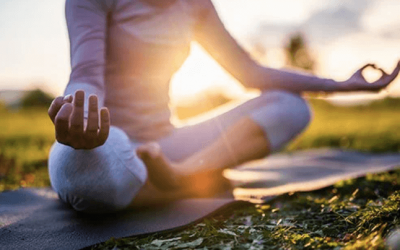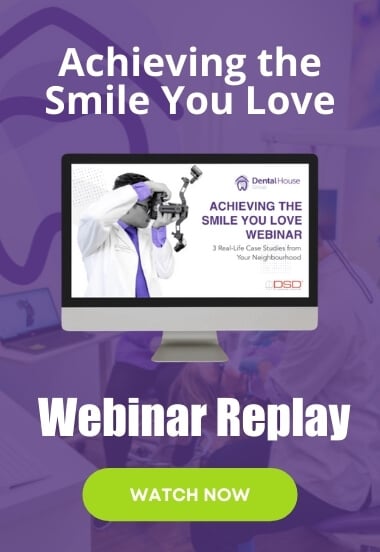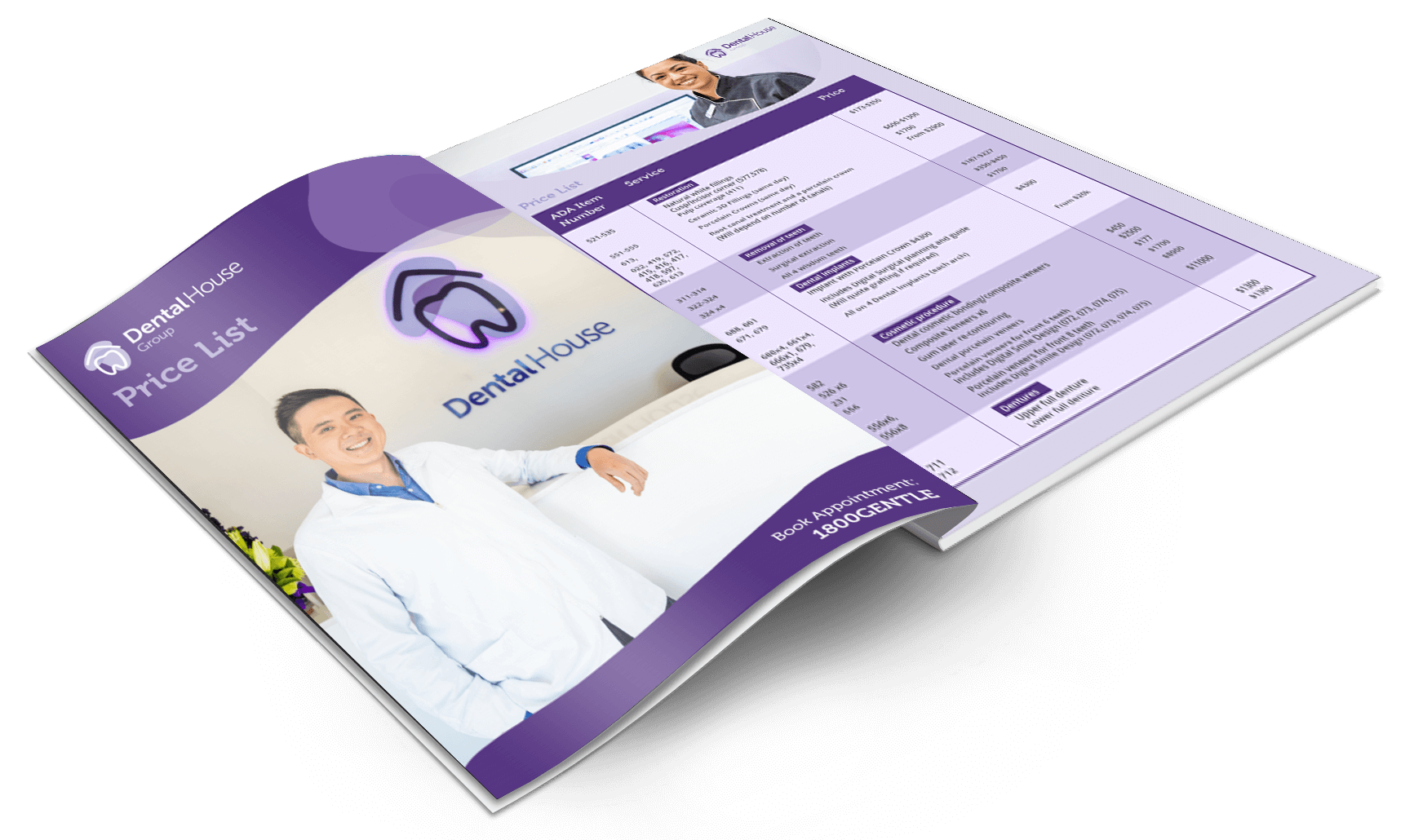Body Image – Men
Body Image – Men
Poor body image is often linked to dieting, over-exercising, or eating disorders such as anorexia nervosa, bulimia nervosa and binge eating disorder, and to other mental health issues such as low self-esteem, depression or anxiety.
Studies suggest that around 11 per cent of Australian men are on a weight loss diet at any given time, and it is thought that around one-third of people with an eating disorder are male (although it is likely that this is under-reported).
Body image and self-destructive behaviours in men
A negative body image is a risk factor for a range of self-destructive behaviours, such as:
- fad dieting – around 11 per cent of Australian men are dieting at any given time. Those diets are not always nutritionally sound
- disordered eating – around one-third of people with an eating disorder is male
- exercise dependence or ‘exercise addiction’
- steroid abuse – young men, gay men, elite athletes, competitive bodybuilders, men who train with weights, and security guards are some of the male groups most at risk of using performance and image enhancing drugs to promote muscle growth or reduce body fat.
Causes of negative body image in men
- teasing in childhood and adolescence (being called too thin, too weak or too fat)
- peer pressure among teenage boys to be physically ‘tough’ and ‘strong’
- a cultural tendency to judge people on their appearance
- the emphasis on male sports players as role models for boys
- advertising campaigns and media coverage featuring idealised male images
- promotion by the society of the ‘ideal’ man as always being strong, lean and muscular
- well-meaning public health campaigns that urge people to lose weight.
Improving your body image
- Reflect on your experiences and try to identify the influences on your body image from childhood.
- Try weighing or ‘body-checking’ (pinching, measuring, mirror-checking) yourself less often. Focus on health and vitality, not weight, size and shape.
- Make a pact with yourself to treat your body with respect, which includes eating well and not embarking on punishing exercise routines, fad diets or taking drugs.
- Try to shift to a healthier focus of how your body functions and consider all your body helps you do in life, rather than just focusing on how your body looks.
- Get informed by reading up on body image issues.
- Develop reasons for exercising that are not focused on your body’s appearance (such as stress release, vitality or improved concentration), rather than concentrating only on changing your body shape.
Help for body image issues
There are counsellors and psychologists, trained in the areas of body image, who can help you to change negative beliefs and behaviours.
To read the original article, click here.
Note: All content and media on the Bacchus Marsh Dental House website and social media channels are created and published online for informational purposes only. It is not intended to be a substitute for professional medical advice and should not be relied on as health or personal advice.
More Wellness Articles
What’s Your Colour Personality?
Ever felt uplifted seeing a colourful rainbow brighten up an otherwise grey sky or watching a spectacular orange sunset…
Health Tips for Healthy Living
“Healthy living” to most people means both physical and mental health are in balance or functioning well together in a person…
What Causes Dehydration? Here’s What You Need to Know
Your body is about 60% water. Lose even 1.5% of that H2O—the tipping point for mild dehydration—and your , energy levels, and all drop…
Stress Busters
Feeling stressed? Here, you’ll find plenty of tips to help plan for feeling better. First, let’s learn more about stress. It’s a natural…














